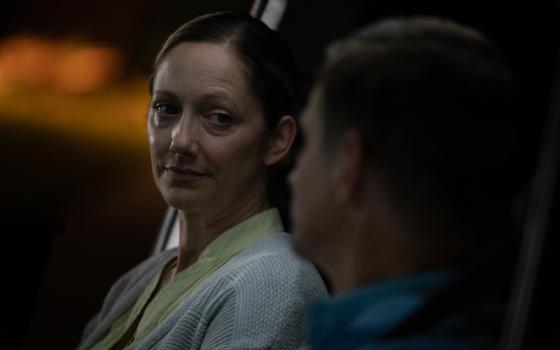On this day in 1879, Joe Hill (Joel Emmanuel Hägglund) was born in Gävle, Sweden.
His family was destitute, and sometimes there was no food. There was music, however, and Joe Hill, who would become famous for writing the IWW's "Starvation Army" songs, got his start at home.
In 1902, after their mother died, Joel and one of his brothers came to America. "Arriving at Ellis Island with virtually nothing in their pockets, the young men soon discovered that stories of easy wealth in a new country had been greatly exaggerated. Despite having a passable command of the English language from lessons in his hometown Y.M.C.A. in Sweden, Joel Haggland was forced to clean bar spittoons in the roughest sections of New York for only pennies a day."
--from "Joe Hill: The Man Behind the Martyr," by Ken Verdoia, who wrote, produced, and directed "Joe Hill," a PBS documentary broadcast in 2000.
"Soon after his arrival, Joel Haggland abandoned the teeming slums of New York City and hit the road. He and his brother split up and went separate ways into the heartland of America. Very little is known, and virtually nothing is verifiable, about the next eight years of Joel's life."
At some "point between 1906 and 1910 the name Joel Emmanuel Haggland disappeared, to be replaced by the moniker Joseph Hillstrom."
"In 1910, as he apparently worked for a period of time on the docks of San Pedro, California, Hillstrom was exposed to the heated rhetoric of a small band of determined labor activists who claimed they had a new vision for the future, and a new method for knocking the mighty off their high horse. The group called themselves the Industrial Workers of the World--and were known by the nickname of 'Wobblies.'"
"Hill arrived in Salt Lake City during the summer of 1913. He would never leave the state alive."
In 1914, Joe Hill was arrested for the murder of a grocer and his son and put on trial. "In the face of all the expectations, Hill refused to testify.
"Some speculated that his was the action of a man of honor who would not dare harm the reputation of a reportedly married woman caught in an embarrassing tryst that led to the shooting. Others speculated that Hill was advised by I.W.W. legal advisors not to testify. The prosecution said Hill did not testify because his alibi would not hold up under scrutiny. The defense attorneys only knew that Hill wouldn't talk in court."
He was found guilty and condemned to death. "Joe Hill was shot to death by a firing squad on the morning of November 19, 1915."
Click here for a New York Times slide show, "The Death of Joe Hill." The newspaper ran the pictures to accompany "Examining a Labor Hero's Death," a recent article by Steven Greenhouse about William M. Adler's new book, The Man Who Never Died: The Life, Times, and Legacy of Joe Hill, American Labor Icon, Bloomsbury, 2011. Notice the Product Description and the Editorial Reviews. Amazon provides a generous sample of the book, including nearly all of the notes, sources, bibliography, and index.
Click here to hear Pete Seeger sing "I Dreamed I Saw Joe Hill Last Night."
John Dos Passos wrote about Joe Hill in 1919: Volume Two of the U.S.A. Trilogy, Houghton Mifflin, 1932. See pages 338-339. Search term: Joe Hill.
Click here for Wikipedia.
"Good-by, Bill. I will die like a true-blue rebel. Don't waste any time in mourning--organize."
--Joe Hill, in the telegram he sent to Big Bill Haywood at IWW headquarters the day before his execution.
"You will eat, bye and bye
In that glorious land above the sky;
Work and pray, live on hay,
You'll get pie in the sky when you die."
--from "The Preacher and the Slave," by Joe Hill. Click here to hear Pete Seeger sing it.

